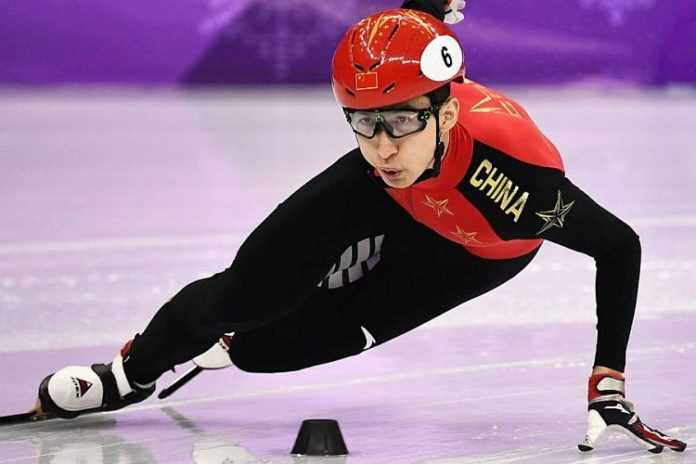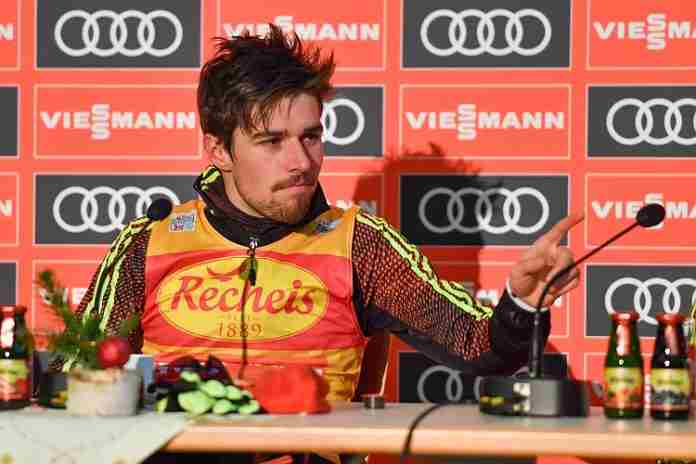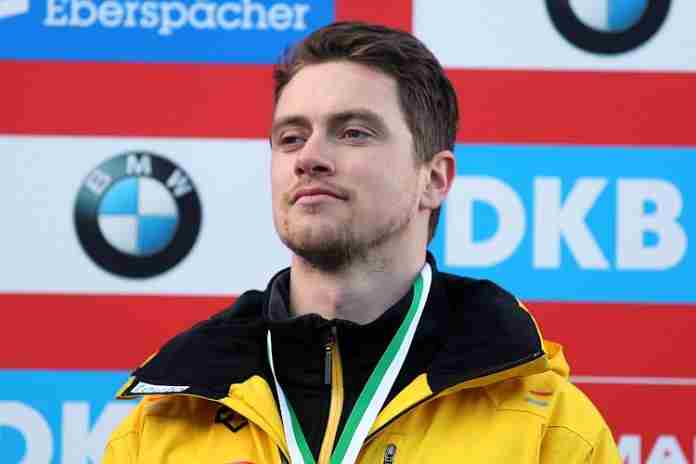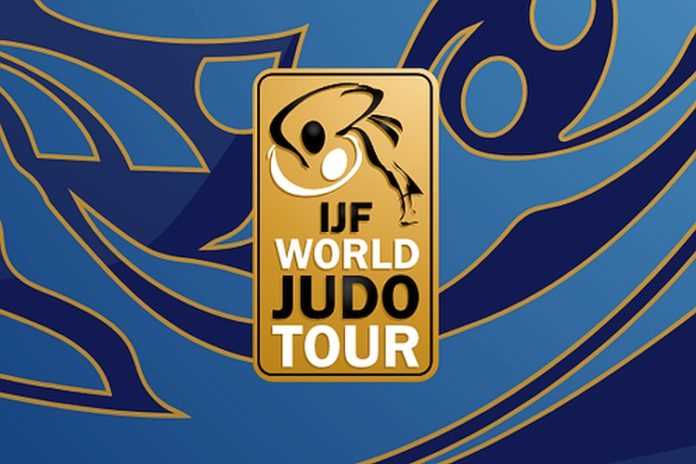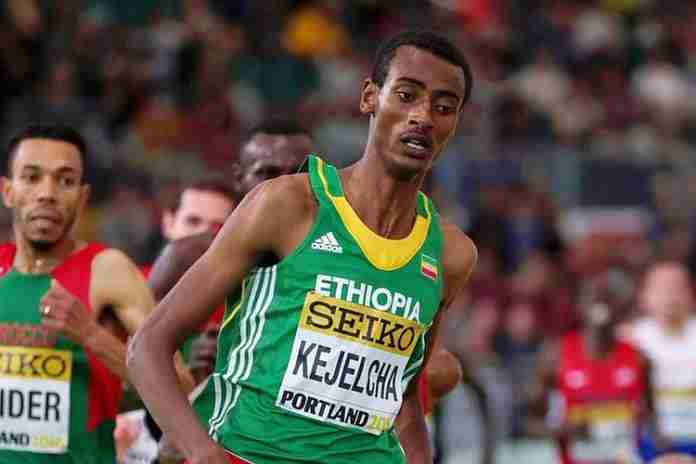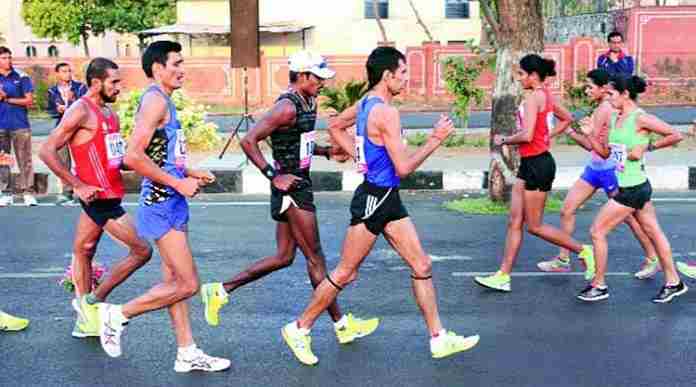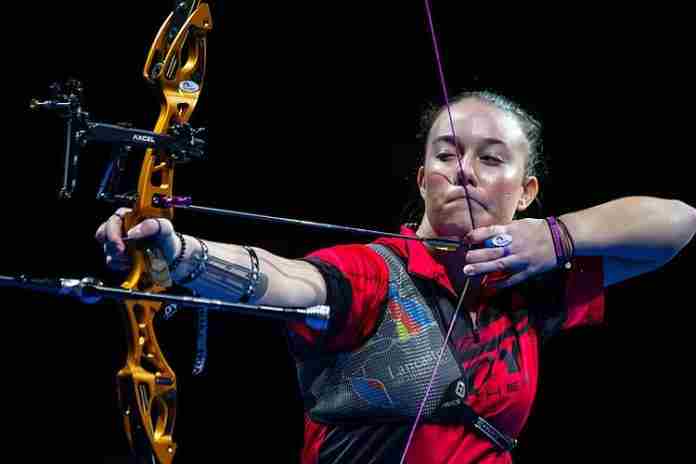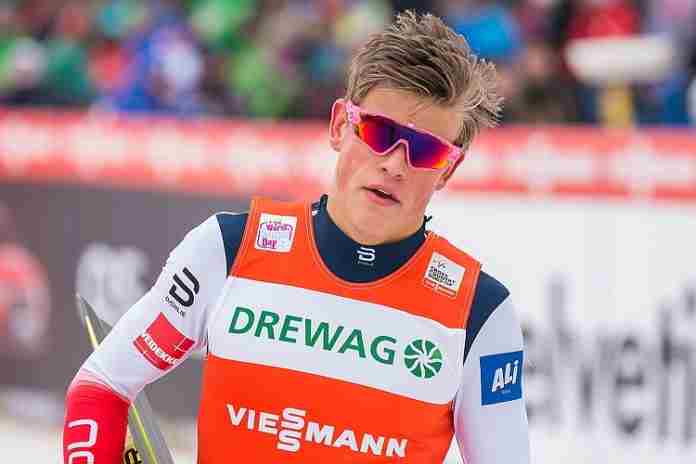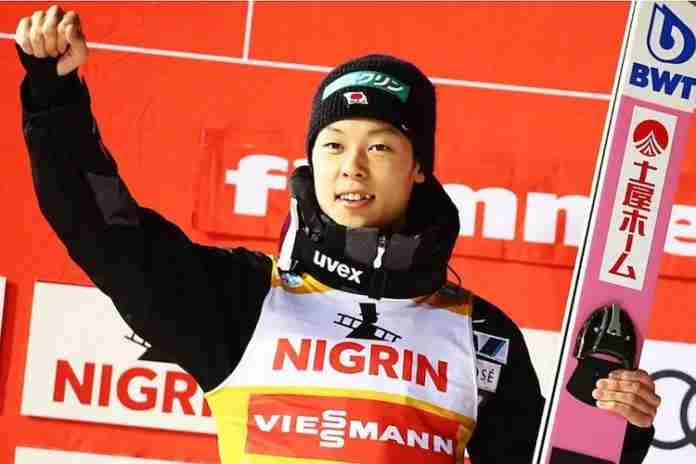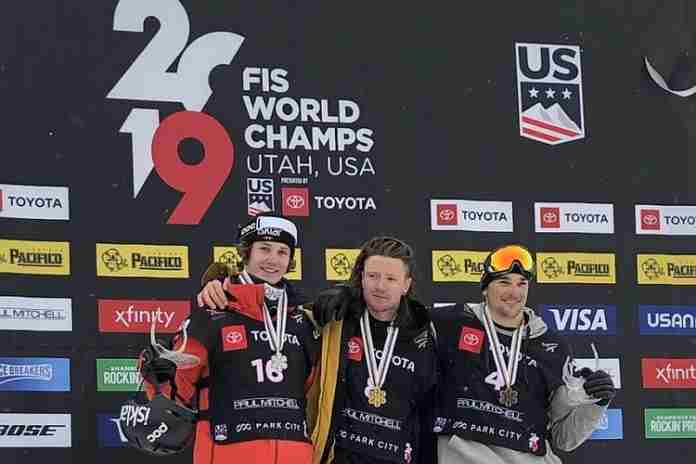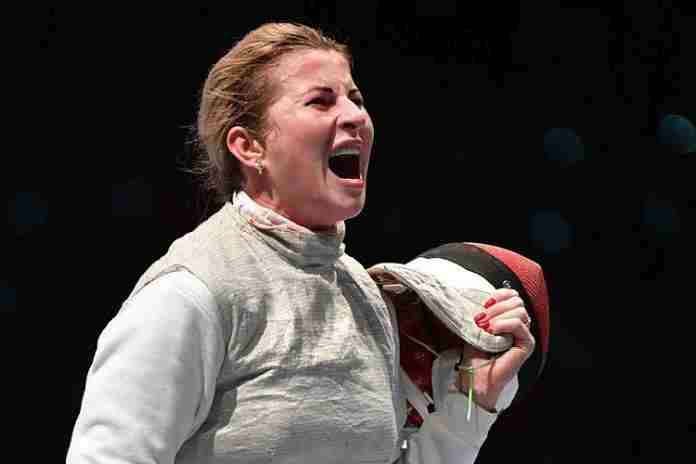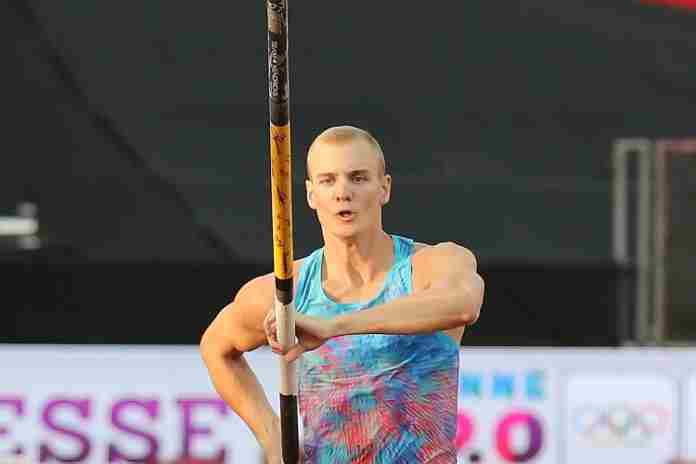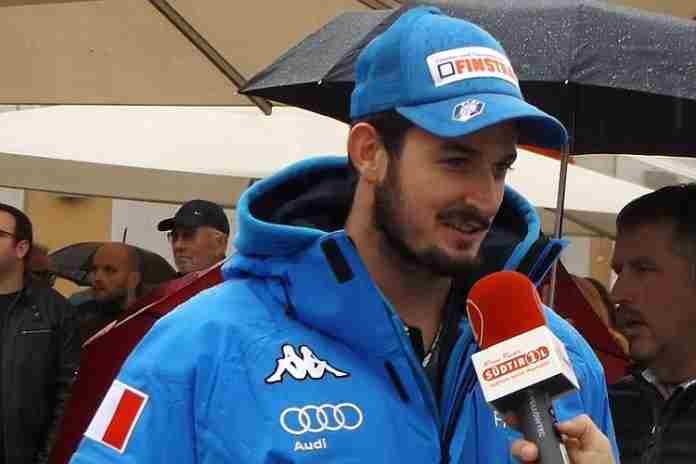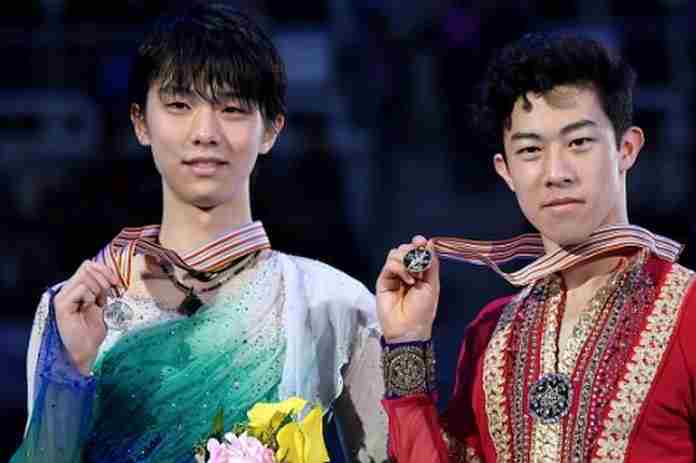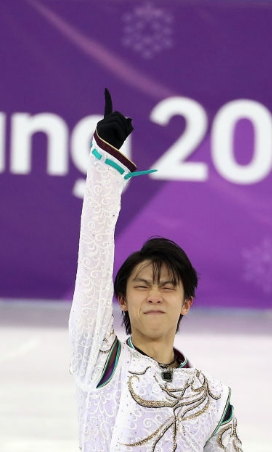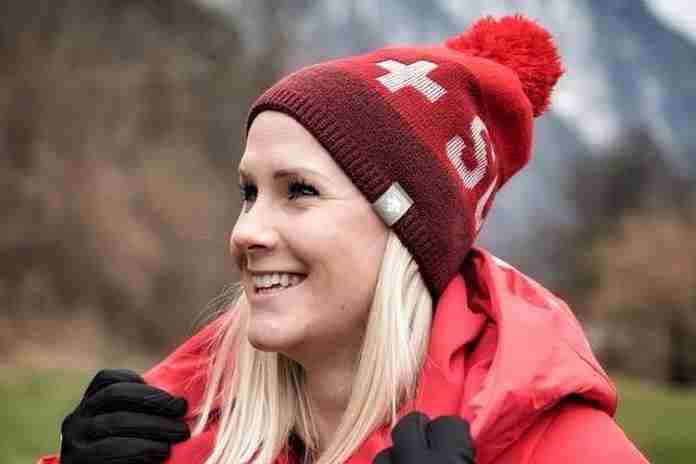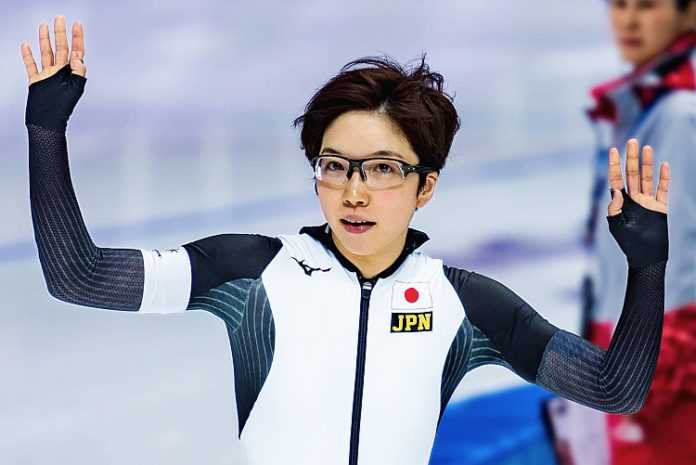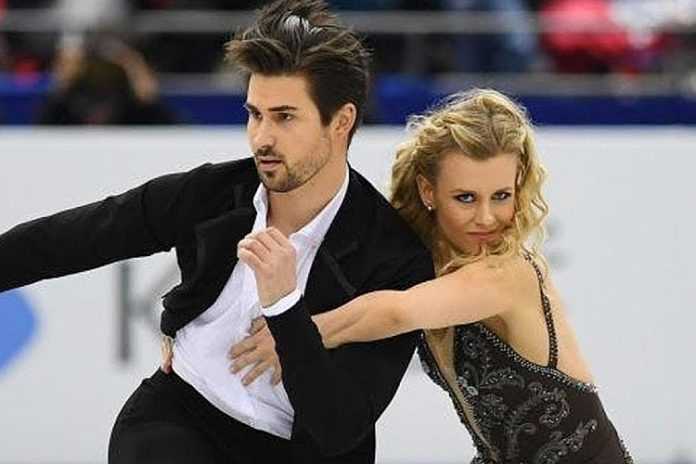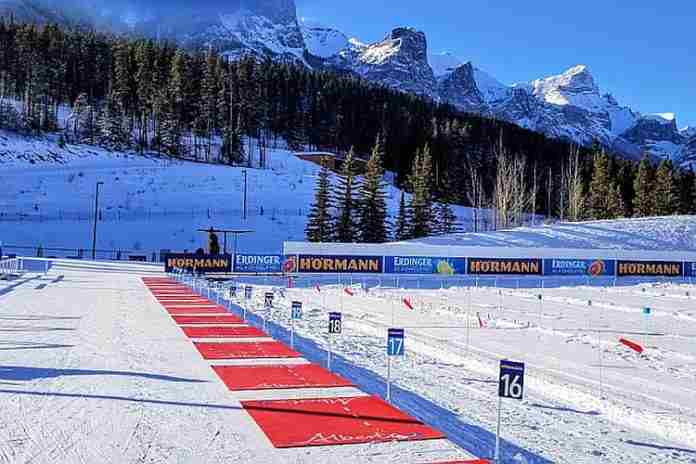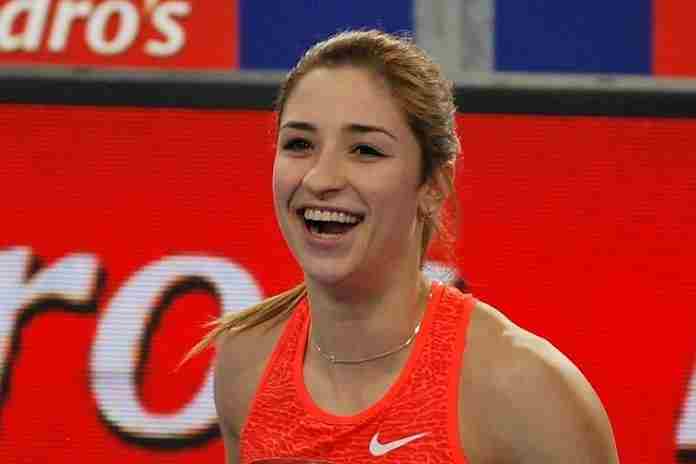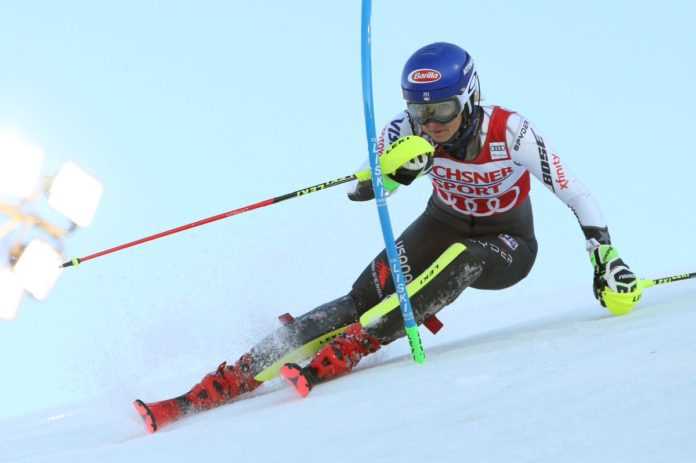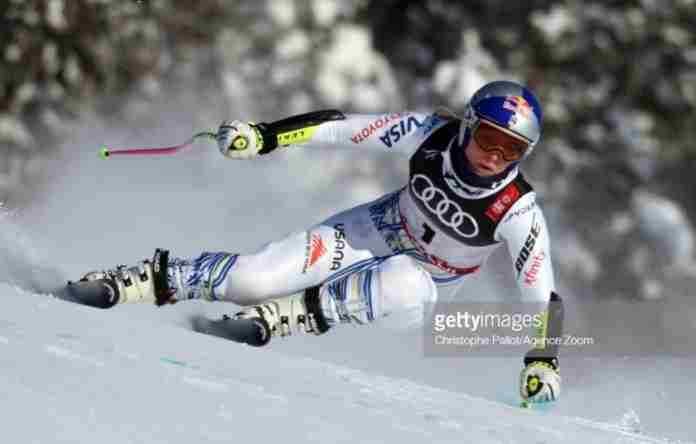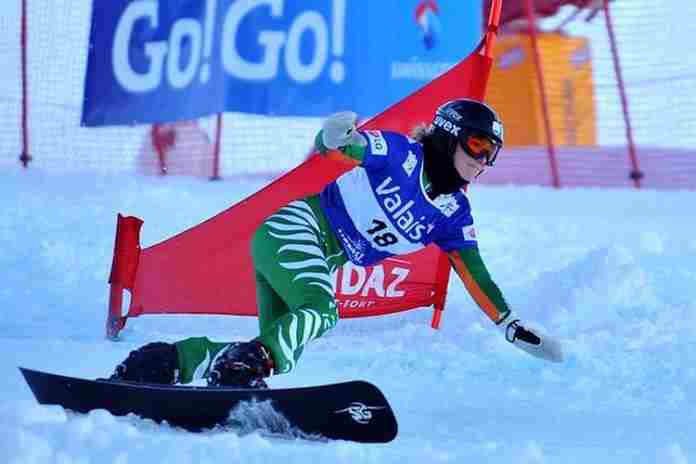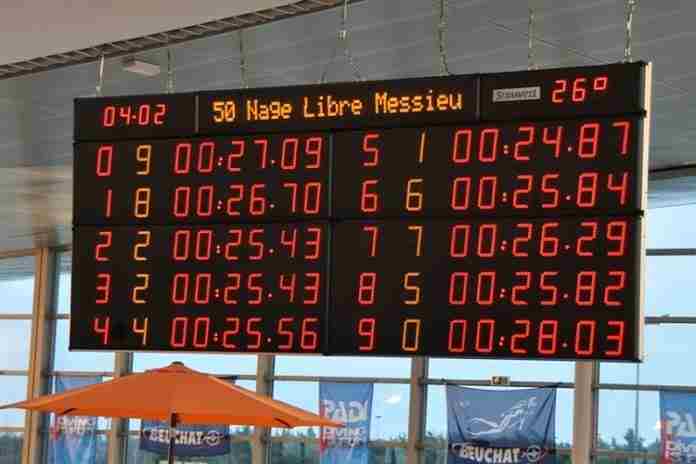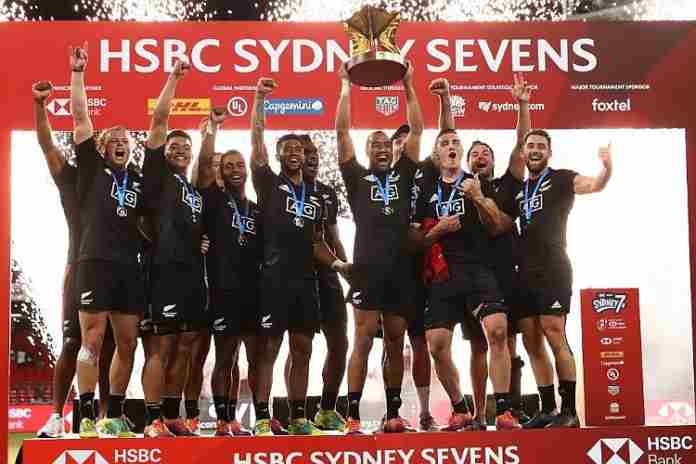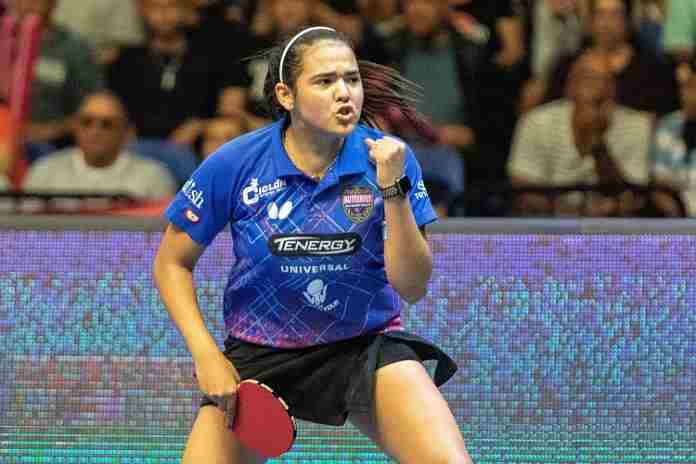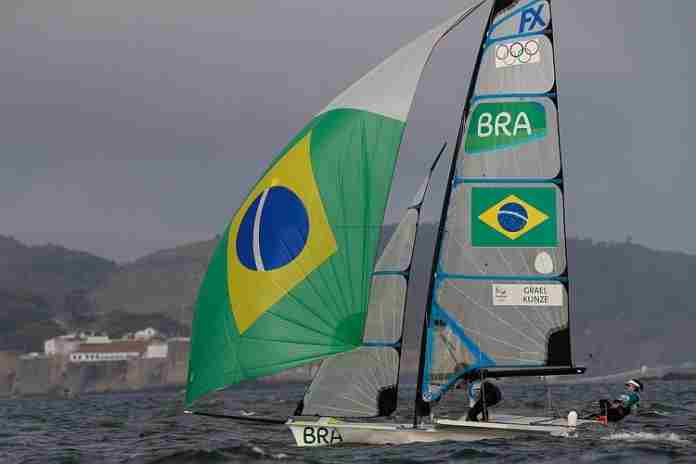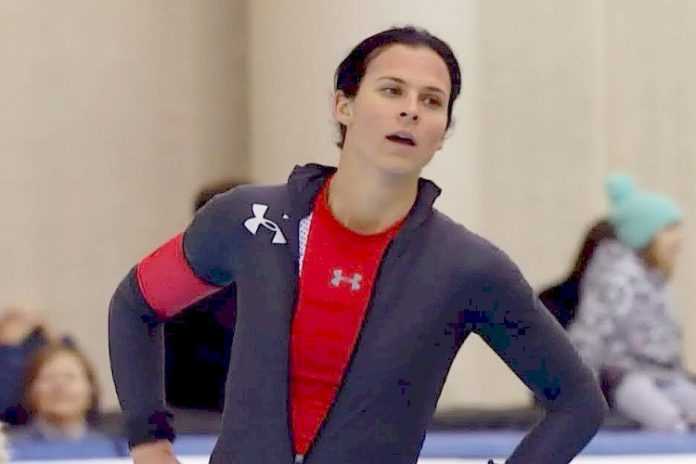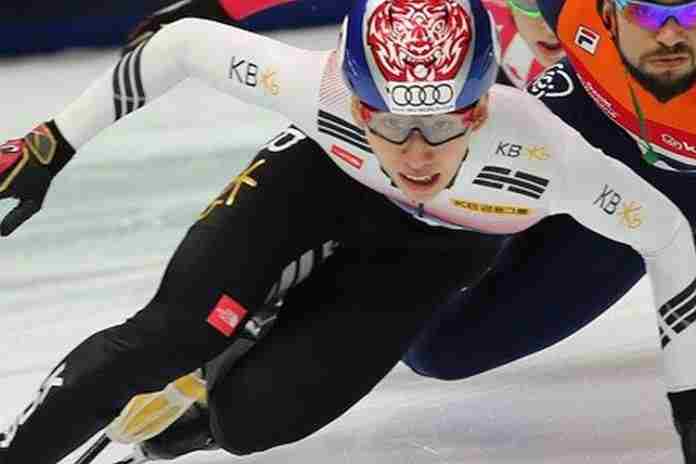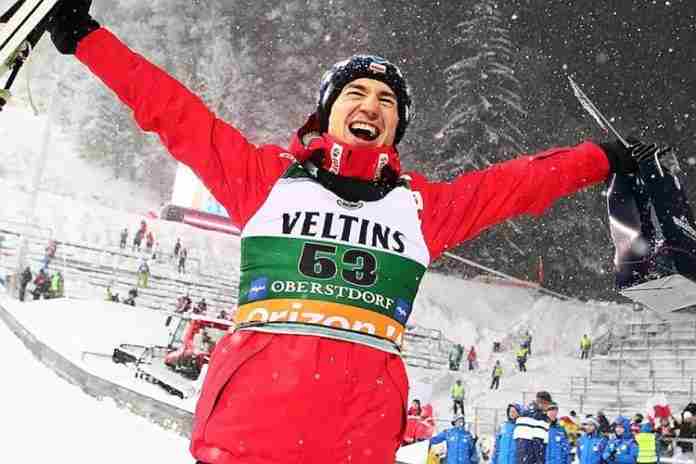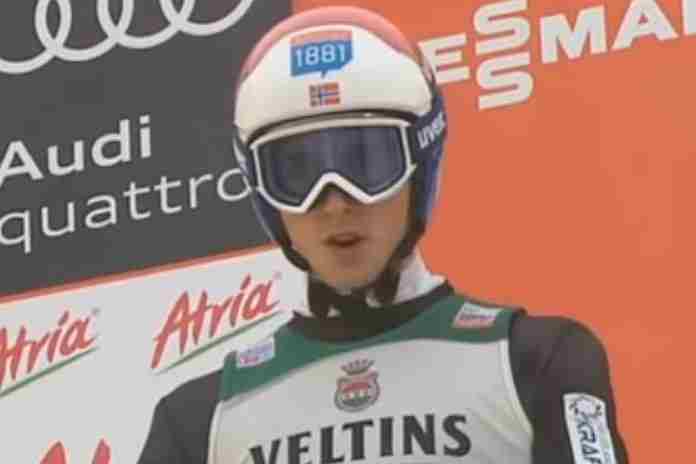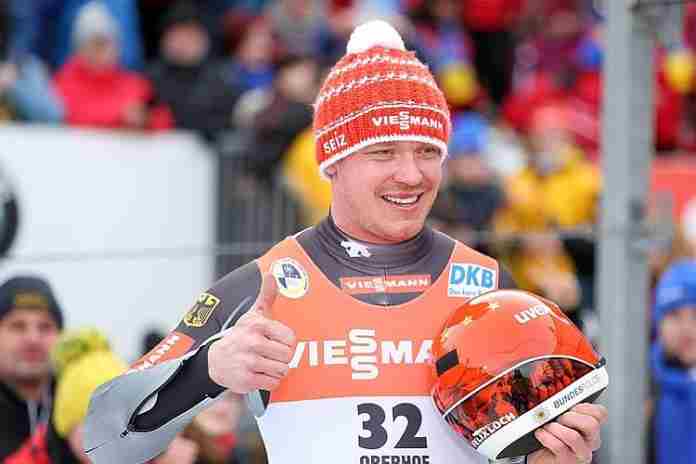American Brittany Bowe was a double World Champion in 2015, but her world changed completely after a collision on the ice in mid-2016 that left her with a concussion and feinting spells.
She has now come all the way back, winning her third world title with a dominating victory in the 1,000 m in the ISU World Single-Distance Championships in Inzell (GER).
Skating in the next-to-last pairing, Bowe was skating against Japan’s formidable sprinter Nao Kodaira the 2018 Olympic champ at 500 m and silver medalist at 1,000 m.
“I wasn’t worried abut that time at all,” said Bowe afterwards. “When I’m on the inner (lane) with Nao, one of the fastest openers in the world, I knew I had to open fast but remain within my game plan and not go harder than I normally do, because I have that gas at the end.
“But I knew I needed to get it going, so she did not have a good chase on that first back stretch, and I knew she would come under me in that second turn, but I tried to remain calm. Driving out of that second corner with just one lap to go, I was just looking at her the whole way, fighting.”
She won the pairing at 1:13.41 and took the lead, with one pair left. That included the new World 500 m Champion, Austria’s Vanessa Herzog. She managed to eclipse Kodaira’s mark of 1:14.44 and finished in 1:14.38 for silver, but the event belonged to Bowe, four years after her victory in 2015.
“It feels good, to be able to hear my national anthem on top of that podium, it’s been some time now. It definitely makes you appreciate more how difficult this sport is. It’s taken two solid years to get back and I never gave up believing in myself and neither did my coaching staff.”
The U.S. had another victory to celebrate at the event, as Joey Mantia managed to defend his own world title from 2017 in the Mass Start event. His win was as much as product of looking for opportunities as of any race plan.
Belgium’s Bart Swings tried to steal the race with a lap to go, but crashed. The Korean pair of Cheon-Ho Um and Jaewon Chung took the lead and looked like gold and silver until they collided coming out of the final turn. Mantia’s sprint to the finish caught them both.
“I spent the last eight or nine laps watching people really fight the turns, so I just relaxed, and did not use too much energy.
“With three to go things were together still, and I was looking, ‘Am I going to make a move here?’ I felt pretty good. Two to go came around and then the Koreans were moving up. I knew they were going to be the two to key off of, so I made a move to the outside and people were falling everywhere and I thought, ‘OK, I’ll take it.’ I took that last corner wide and I took advantage of them bumping into each other.”
Along with a bronze from Bowe in the women’s 1,500m, the U.S. collected three medals in Inzell, which was – as usual – dominated by Dutch skaters. Kai Verbij won his first 1,000 m title, Thomas Krol won his first 1,500 m gold and Jorrit Bergsma won his third 10,000 m championship.
A noteworthy change at the top came in the men’s 5,000 m, where Norway’s Sverre Lunde Pedersen won the race, ending a streak nine straight wins by Dutch skaters, eight of them by Sven Kramer, who finished third. In all, the Dutch won five of the eight men’s races.
The women’s sprint was won by Herzog, who won Austria’s first-ever medal in the event, ahead of defending champ Kodaira by 0.78 seconds. The amazing Ireen Wust (NED) won the 1,500 for the fourth time stretching all the way back to 2007. In the last 10 World Championships, she has won a medal in this event in eight of them! Teammate Irene Schouten won the Mass Start for the second time, previously in 2015.
The most amazing performance in the meet, however, came from Czech star Martina Sabilkova. Now 31, she won the 3,000 m for the fifth time in the last 12 years and then took the 5,000 m for a stunning 10th time in a row, from 2007 to 2019.
Skating in the final pairing, Sabilkova knew what she had to do to beat Esmee Visser (NED) and her time of 6:46.143.
Said the winner, “I tried to do all 32.0 (second laps). Sometimes it was one-tenth slower and sometimes one-tenth faster, but I managed to keep my pace. It was almost impossible, but I saw the public, and my brother was here. It was so emotional when we met today, because he did not have a chance to see me after my win in the 3000 m. He came all the way to see me and he inspired me. I’m a fighter.
“I knew she (Visser) had a final lap in 33.0, so heading into the last lap I knew that if I could keep my technique, I would win.” She did, clocking 6:44.854 for her 19th World Champion gold and 26th in her storied career.
The speed skating championship season is just getting started. The World Sprint Championships will be on 23-24 February in Heerenveen (NED), and the World Allround Championships on 2-3 March in Calgary (CAN). Summaries:
ISU World Single-Distance Championships
Inzell (GER) ~ 7-10 February 2019
(Full results here)
Men
500 m: 1. Ruslan Murashov (RUS), 34.225; 2. Havard Holmefjord Lorentzen (NOR), 34.356; 3. Viktor Mushkatov (RUS), 34.432; 4. Min Kyu Cha (KOR), 34.449; 5. Yuma Murakami (JPN), 34.471; 6. Ronald Mulder (NED), 34.508; 7. Pavel Kulizhnikov (RUS), 34.534; 8. Dai Dai Ntab (NED), 34.555.
1,000 m: 1. Kai Verbij (NED), 1:07.399; 2. Thomas Krol (NED), 1:07.672; 3. Kjeld Nuis (NED), 1:07.814; 4. Lorentzen (NOR), 1:07.855; 5. Denis Yuskov (RUS), 1:08.107; 6. Kulizhnikov (RUS), 1:08.132; 7. Viktor Mushtakov (RUS), 1:08.380; 8. Nico Ihle (GER), 1:08.407. Also: 12. Joey Mantia (USA), 1:08.689; … 22. Kimani Griffin (USA), 1:10.053.
1,500 m: 1. Krol (NED), 1:42.582; 2. Pedersen (NOR), 1:43.160; 3. Yuskov (RUS), 1:43.202; 4. Seitaro Ichinohe (JPN), 1:43.540; 5. Nuis (NED), 1:43.604; 6. Zhongyan Ning (CHN), 1:44.276; 7. Patrick Roest (NED), 1:44.979; 8. Mantia (USA), 1:45.240.
5,000 m: 1. Sverre Lunde Pedersen (NOR), 6:07.16; 2. Patrick Roest (NED), 6:11.700; 3. Sven Kramer (NED), 6;1.531; 4. Alexander Rumyantsev (RUS), 6:13.754; 5. Ted-Jan Bloemen (CAN), 6:13.795; 6. Patrick Beckert (GER), 6:15.762; 7. Sergey Trofimov (RUS), 6:16.108; 8. Danila Semerikov (RUS), 6:16.595.
10,000 m: 1. Jorrit Bergsma (NED), 12:52.928; 2. Roest (NED), 12:53.343; 3. Semerikov (RUS), 12:57.400; 4. Patrick Beckert (GER), 12:57.402; 5. Rumyantsev (RUS), 12:57.929; 6. Davide Ghiotto (ITA), 13:04.498; 7. Graeme Fish (CAN), 13:05.698; 8. Peter Michael (NZL), 13:13.728.
Mass Start: 1. Mantia (USA), 7:35.660; 2. Cheonho Um (KOR), 7:36.110; 3. Jaewon Chung (KOR), 7:36.300; 4. Andrea Giovannini (ITA), 7:36.640; 5. Ichinohe (JPN), 7:37.400; 6. Peter Michael (NZL), 7:49.430; 7. tie, Livio Wenger (SUI) and Semerikov (RUS), 7:37.440.
Team Sprint: 1. Netherlands (Mulder, Nuis, Verbij, Krol), 1:19.053; 2. Korea (J. Kim, T. Kim, Cha), 1:20.004; 3. Russia (Yuskov, Kulizhnikov, Murashov, Mushtakov), 1:20.102; 4. Germany, 1:20.598; 5. Poland, 1:22.761; 6. Belarus, 1:23.518; China and Norway, disqualified.
Team Pursuit: 1. Netherlands (Kramer, de Vries, Bosker, Huizinga), 3:38.432; 2. Norway (Bokko, Pedersen, Henriksen, Ulekleiv), 3:40.807; 3. Russia (Rumyantsev, Semerikov, Trofimov, Zakharov), 3:41.314; 4. Japan, 3:41.966; 5. Canada, 3:43.046; 6. Italy, 3:44.187; 7. Korea, 3:48.830; 8. Kazakhstan, 3:48.888.
Women
500 m: 1. Vanessa Herzog (AUT), 37.124; 2. Nao Kodaira (JPN), 37.202; 3. Kanami Soga (JPN), 37.607; 4. Angelina Golikova (RUS), 37.695; 5. Olga Fatkulina (RUS), 37.760; 6. Brittany Bowe (USA), 37.776; 7. Maki Tsuji (JPN), 37.850; 8. Daria Kachanova (RUS), 37.981. Also: 15. Erin Jackson (USA), 38.328.
1,000 m: 1. Bowe (USA), 1:13.414; 2. Herzog (AUT), 1:14.389; 3. Kodaira (JPN), 1:14.443; 4. M. Takagi (JPN), 1:14.584; 5. Jutta Leerdam (NED), 1:14.639; 6. Antoinette de Jong (NED), 1:14.703; 7. Yekaterina Shikhova (RUS), 1:14.882; 8. Sanneke de Neeling (NED), 1:14.954. Also: 15. Kimi Goetz (USA), 1:15.884.
1,500 m: 1. Ireen Wust (NED), 1:52.814; 2. M. Takagi (JPN), 1:53.323; 3. Bowe (USA), 1:53.369; 4. Shikhova (RUS), 1:53.418; 5. De Jong (NED), 1:53.762; 6. Melissa Wijfje (NED), 1:54.500; 7. Evgeniia Lalenkova (RUS), 1:54.944; 8. Francesca Lollobrigida (ITA), 1:55.153.
3,000 m: 1. Martina Sabilkova (CZE), 3:58.911; 2. Antoinette de Jong (NED), 3:59.411; 3. Natalia Voronina (RUS), 3:59.992; 4. Carlijn Achtereekte (NED), 4:00.476; 5. Ireen Wust (NED), 4:01.450; 6. Miho Takagi (JPN), 4:02.175; 7. Isabelle Weidemann (CAN), 4:03.497; 8. Lalenkova (RUS), 4:03.577.
5,000 m: 1. Sabilkova (CZE), 6:44.854; 2. Esmee Visser (NED), 6:46.143; 3. Voronina (RUS), 6:50.393; 4. Weidemann (CAN), 6:56.133; 5. Carien Kleibeuker (NED), 6:56.471; 6. Ivanie Blondin (CAN), 6:56.731; 7. Claudia Pechstein (GER), 7:00.091; 8. Elena Sokhryakova (RUS), 7:04.601.
Mass Start: 1. Irene Schouten (NED), 8:27.840; 2. Blondin (CAN), 8:28.460; 3. Elizaveta Kazelina (RUS), 8:29.290; 4. Lollobrigida (ITA), 8:29.540; 5. Ayano Sato (JPN), 8:29.660; 6. Elena Moller Rigas (DEN), 8:43.950; 7. Qi Yin (CHN), 8:50.240; 8. Mia Kilburg-Manganello (USA), 8:50.320. Also: 18. Goetz (USA), 8:36.460.
Team Sprint: 1. Netherlands (Smit, de Jong, de Neeling, Leerdam), 1:26.289; 2. Canada (Hudey, Irvine, Christ, McLean), 1:27.215; 3. Russia (Shikhova, Fatkulina, Golikova, Kachanova), 1:27.262; 4. Italy, 1:28.613; 5. China, 1:29.516; 6. Korea, 1:29.834; 7. Norway, 1:30.567.
Team Pursuit: 1. Japan (M. Takagi, N. Takagi, Sato, Sakai), 2:55.785; 2. Netherlands (Wust, van Beek, de Jong, Beune), 2:56.205; 3. Russia (Sokhryakova, Voronina, Kazelina, Lalenkova), 2:57.725; 4. Canada, 2:58.307; 5. China, 3:04.075; 6. Poland, 3:05.333; 7. United States (Mia Kilburg-Manganello, Carlijn Schoutens, Kimi Goetz, Brianna Bocox), 3:06.007; 8. Italy, 3:07.871.












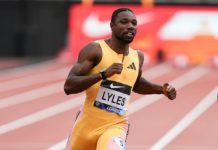











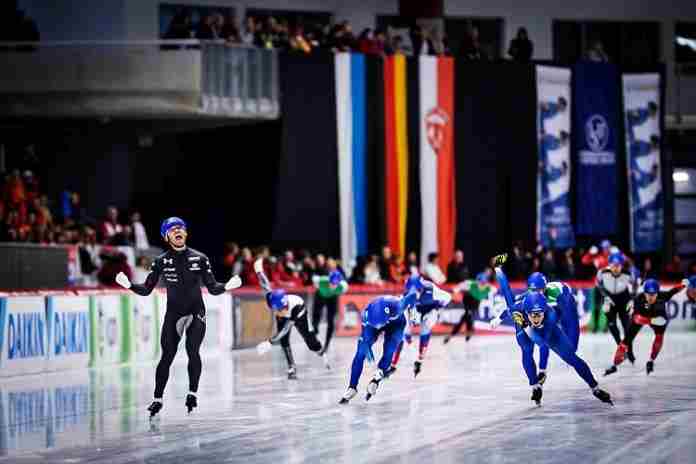
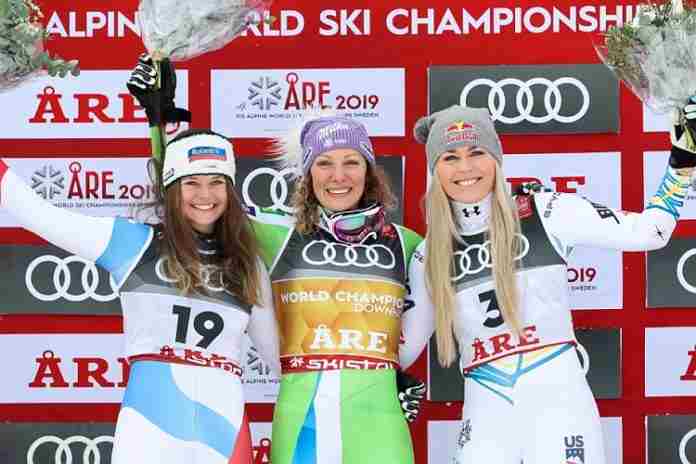
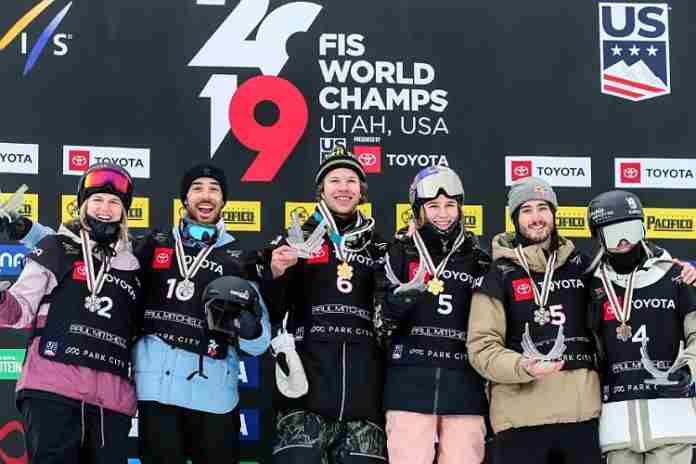
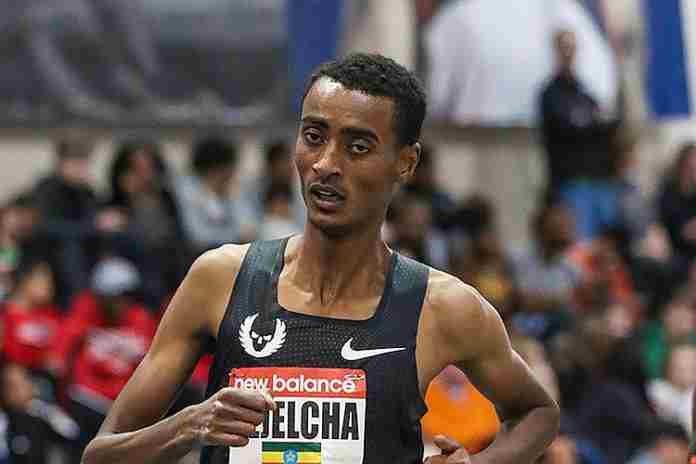
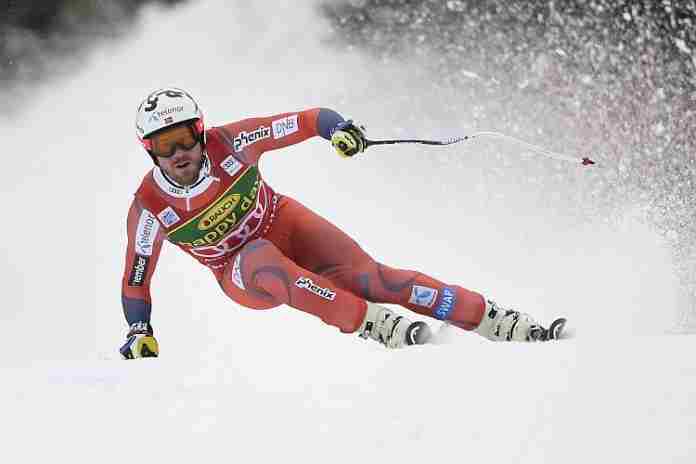

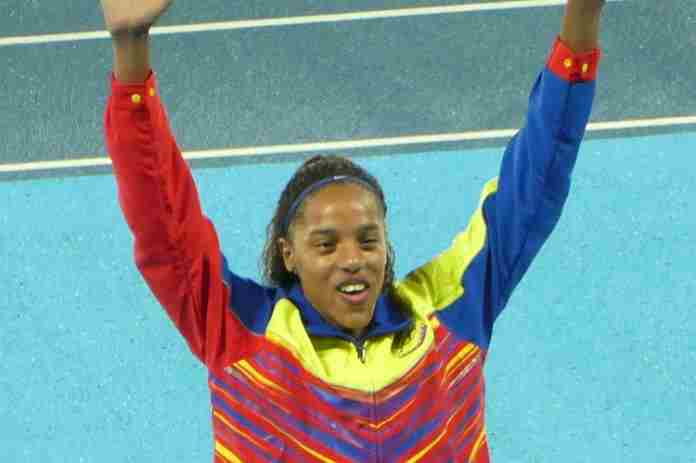
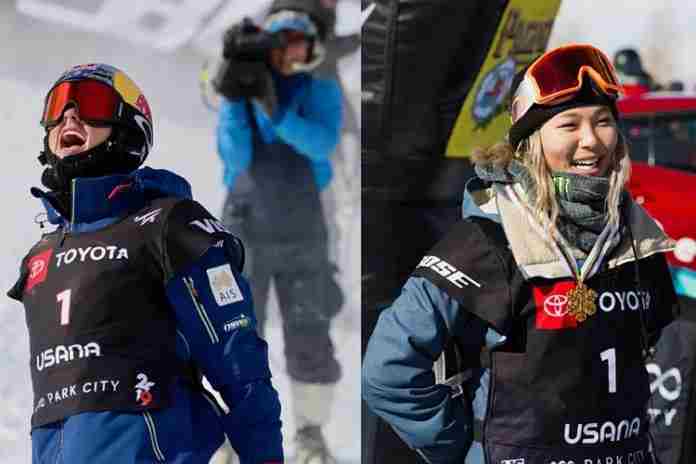
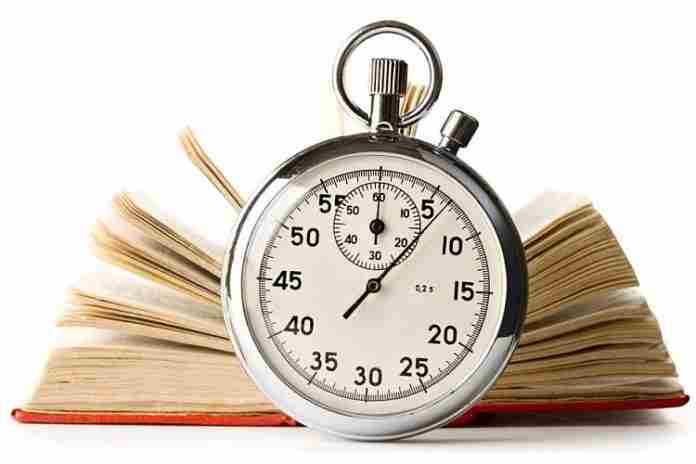
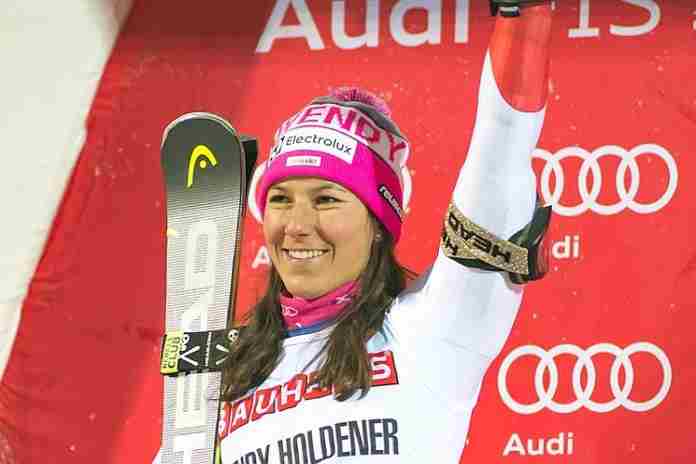
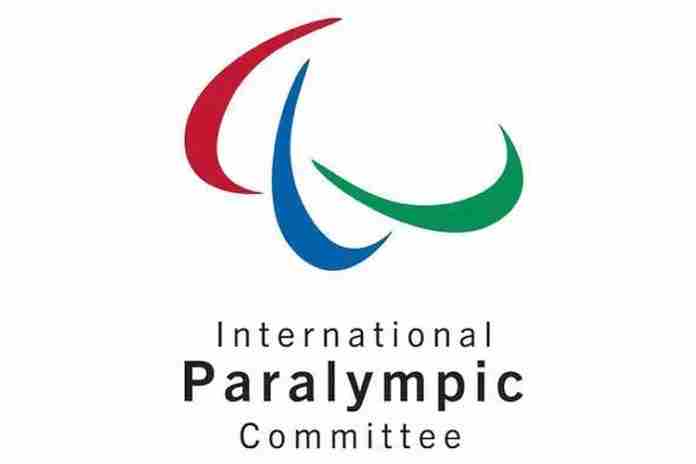
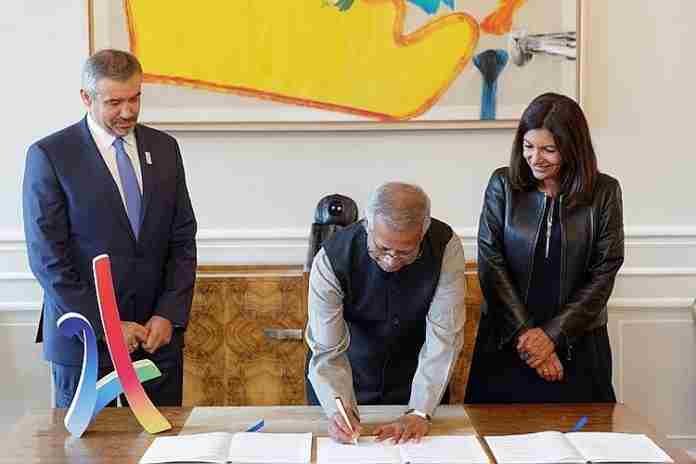
 There was a time when modesty and humility were prized, and the idea that if you made reasonable promises and over-delivered on those promises, the results would be widely viewed as positive.
There was a time when modesty and humility were prized, and the idea that if you made reasonable promises and over-delivered on those promises, the results would be widely viewed as positive.